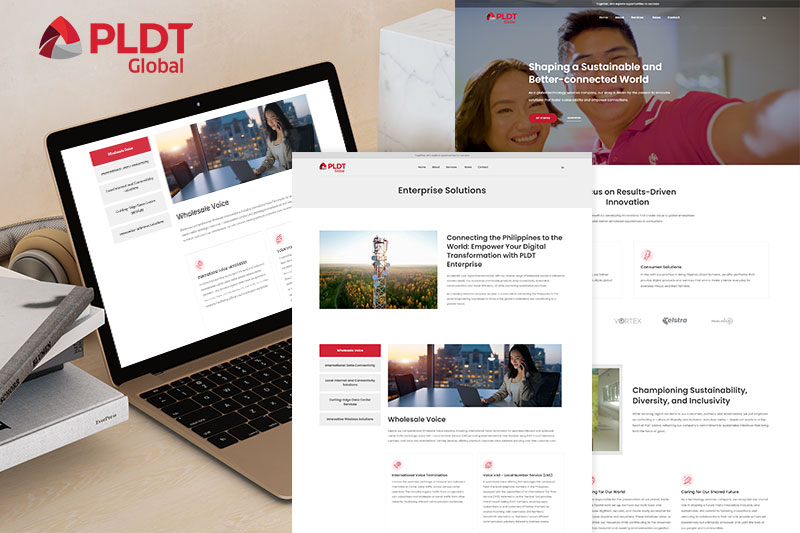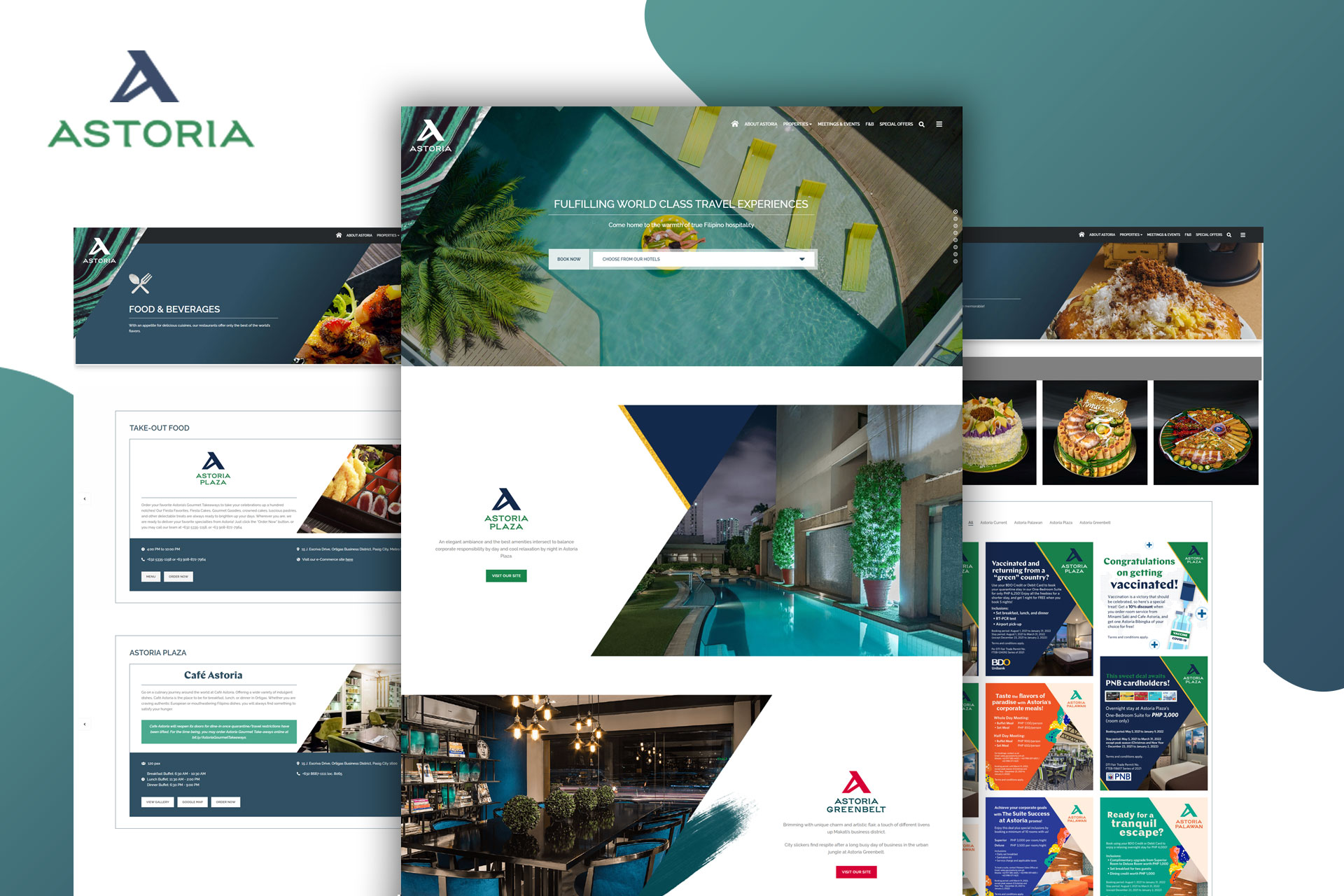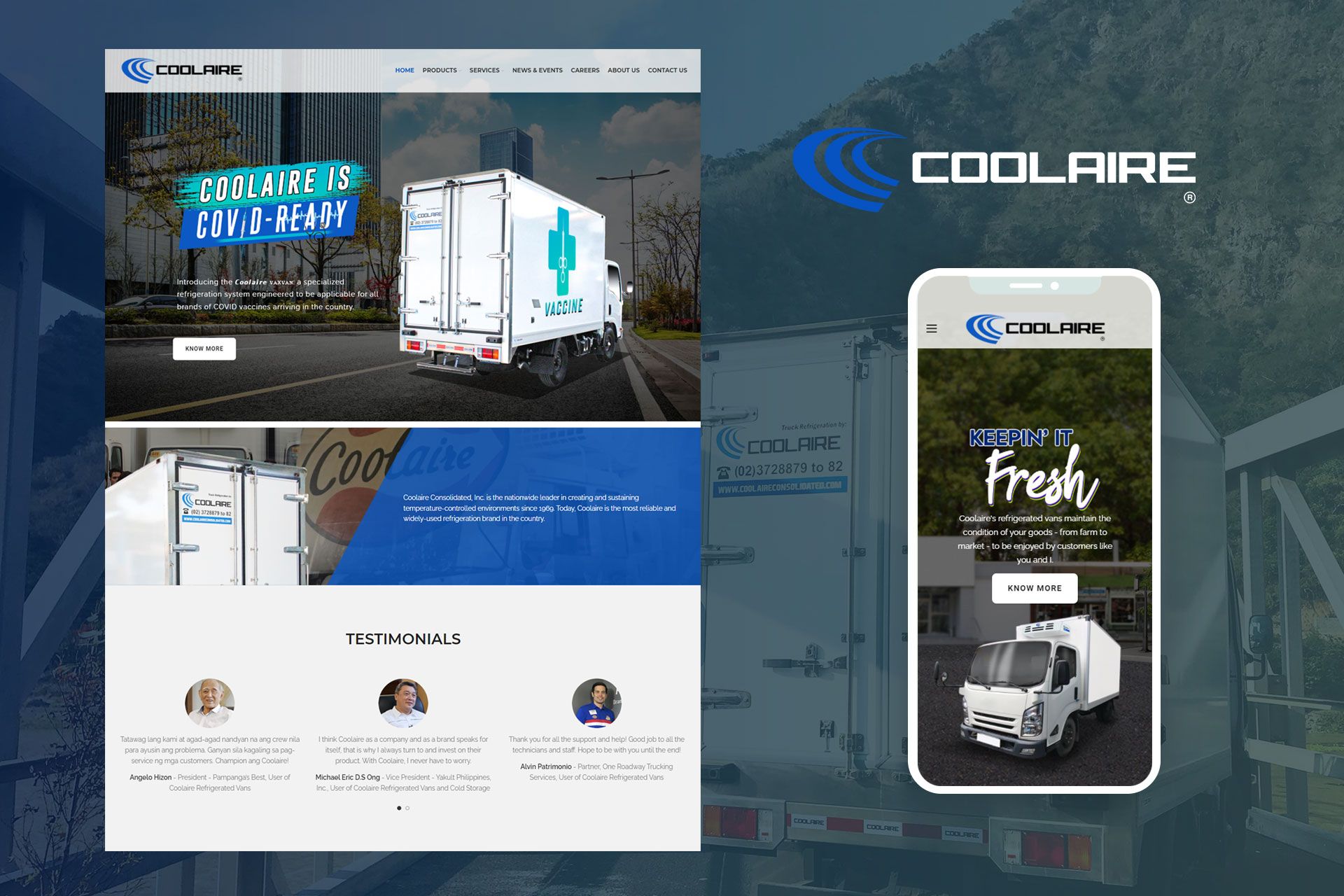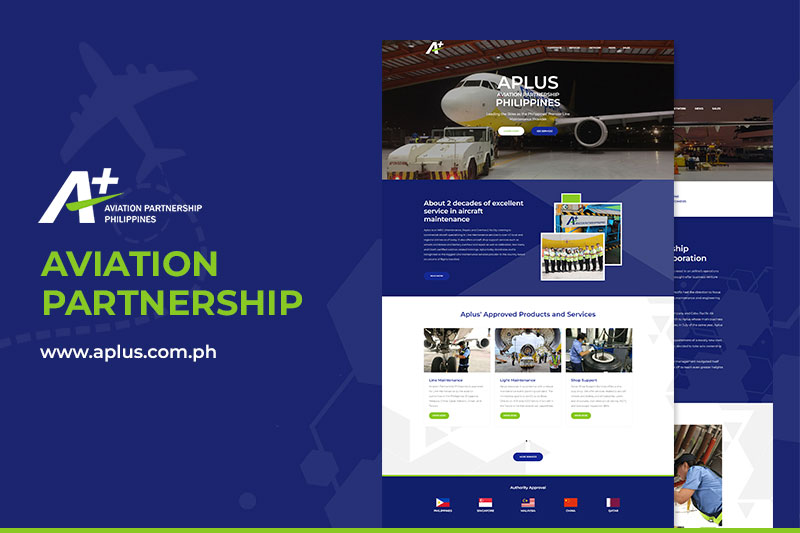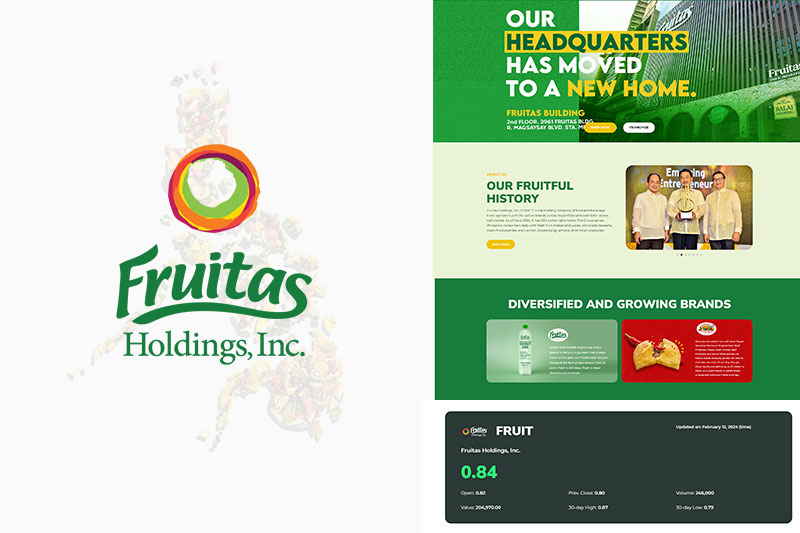As much as the online world provides businesses with various platforms to market their brand to the right audience, it can still be challenging to stand out because several other businesses are also trying their best to reach their market. So the question is: how do you stand out from the competition? Well, there’s no one-size-fits-all solution or answer to that question, but of course, that doesn’t mean your brand is left with no way to stand out.

In this blog, we’ll talk about one of the most robust digital marketing strategies that businesses in this digital era can make use of — PPC or Pay Per Click. This marketing tactic has gained immense popularity over the years, and we’re here to shed more light on how it works, its pros and cons.
Related: 8 Ways to Improve the PPC Campaign of Your Business
Table of Contents
What is PPC?
PPC or Pay Per Click, is an online advertising model where advertisers pay a fee each time their ad is clicked. It is a strategy used to buy visits to your website rather than earning them organically. PPC ads are typically displayed on search engine results pages (SERPs), social media platforms, or other websites. The most common PPC platforms are Google Ads and Bing Ads.
How Does PPC Work?
In order to gain a better understanding of PPC, let’s delve into how this digital marketing strategy actually works.
PPC operates on an auction-based model where advertisers bid on specific keywords relevant to their products, services, or target audience. When a user initiates a search query or visits a website, the PPC platform conducts an immediate auction to determine which ads will be displayed.
Several factors influence the ad placement, including the bid amount, ad quality, and relevance to the user’s search query. The ad with the highest bid and the most relevant content is usually given the top position. However, it’s also important to keep in mind that PPC platforms consider the overall quality of the ad and landing page experience, as they aim to provide users with the most valuable and relevant content.
Once an ad is displayed, advertisers are only charged when users actually click on their ads. This pay-per-click model ensures that businesses only pay for the actual engagement and traffic generated. The cost per click (CPC) can vary based on factors, including the level of competition for the keywords and the quality of the ad campaign.
Here’s a point-per-point summary to break down the idea of how PPC works:
1. Keyword Research
Advertisers identify relevant keywords that align with their business or product offerings.
2. Ad Creation
Engaging ads are created with compelling copy and attractive visuals to attract clicks.
3. Bid Management
Advertisers participate in auctions where they bid for ad placement based on their chosen keywords.
4. Ad Auction
When a user performs a search or visits a website, an auction is triggered, and the PPC platform determines which ads to display based on factors like bid amount, ad relevance, and quality score.
5. Ad Display
If the advertiser’s bid is successful, their ad is displayed to the user.
6. Cost and Measurement
Advertisers are charged only when a user clicks on their ad. The cost per click (CPC) varies depending on factors like competition, keyword quality, and platform.
Pros of PPC
The benefits that PPC carries extend to businesses of different sizes, including small businesses, and is not limited only to large corporations.
Related: The 10 Great Benefits of PPC Advertising for Your Small Business
Can Provide Immediate Results
PPC campaigns can generate quick visibility and traffic to your website, making it ideal for time-sensitive promotions or product launches.
Allows for Targeted Reach
Using PPC gives advertisers the ability to finely tune their targeting parameters, such as keywords, demographics, interests, and location. This ensures that ads are specifically delivered to the intended audience, maximizing the chances of reaching the right individuals.
It is Measurable and Flexible
With PPC platforms, advertisers gain access to comprehensive metrics that offer detailed insights into the performance of their campaigns. This data enables advertisers to track their campaign’s effectiveness and make timely adjustments, enabling them to optimize their return on investment (ROI) effectively.
You Have Control of Your Budget
One of the most common misconceptions about PPC is that it’s not cost-effective and it’s expensive, resulting in businesses, especially those that are just starting to avoid this marketing strategy. Yes, it will cost money, but you are not forced to start immediately on a big ad spend.
Related: 6 Pay-Per-Click or PPC Ad Myths That You May Still Be Believing
Advertisers maintain full control over their budget by having the flexibility to set limits on daily or campaign-specific expenditures. This ensures that they can manage their advertising expenses effectively and allocate funds according to their desired spending thresholds.
Brand Exposure
Even in cases where users do not click on your ad, they are still exposed to your brand name and message, leading to an enhanced level of brand awareness.
Cons of PPC
Costs Can Increase
Yes, PPC is cost-effective, but it’s worth noting that failure to actively monitor and optimize your campaigns to ensure a return on investment can result in wastage of funds. Unlike SEO tactics, which primarily require time and skills, PPC campaigns necessitate budget allocation. That’s why if you want your PPC campaigns to be done right and your funds to be utilized properly, it’s advisable to allocate resources and get a professional to do it for you.
Can Be a Learning Curve
Managing a successful PPC campaign requires knowledge and ongoing optimization, which can be time-consuming and complex for beginners.
Ad Blindness
Ad blindness refers to the phenomenon where users develop a tendency to ignore or disregard PPC ads, focusing primarily on organic search results. Some users develop ad blindness and ignore PPC ads, focusing solely on organic search results.
Click Fraud
Click fraud, where competitors or automated bots click on your ads to exhaust your budget, is a concern in PPC campaigns. To avoid this, it’s best to monitor user behavior and make use of softwares that blocks potential fraudsters.
Dependency on Platforms
PPC campaigns rely on specific platforms like Google Ads or Bing Ads, making businesses susceptible to changes in platform policies or pricing.
PPC presents businesses with an effective online advertising approach that enables them to connect with their desired audience, enhance website traffic, and attain quantifiable outcomes. And like any other digital marketing tactic, PPC comes with disadvantages. But that doesn’t really diminish its usefulness; you just have to learn and understand how it works, so you will know how to make well-informed choices and properly run your own PPC campaigns
Looking for reliable PPC services for your business? Contact us today and we’ll be glad to help you.


 Shopify Website Design
Shopify Website Design  Small Business Marketing
Small Business Marketing 